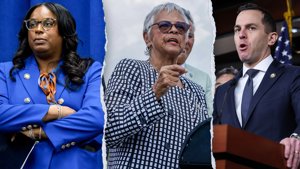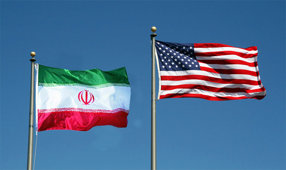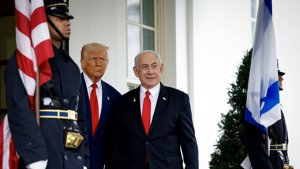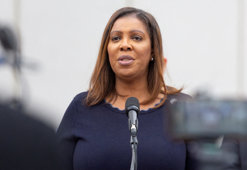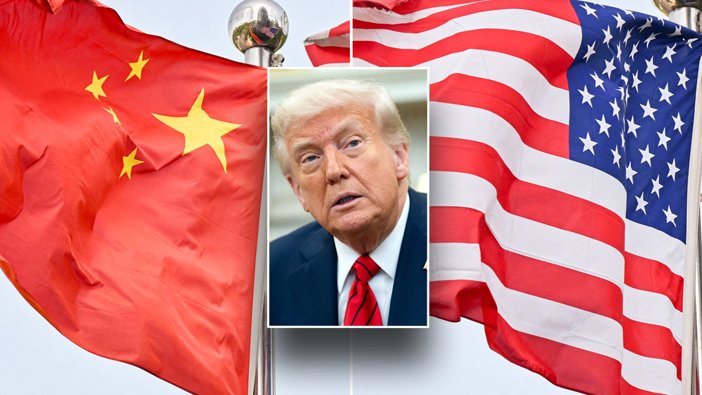
Trump: Fair Deal with China Coming
United States President Donald Trump reaffirmed his commitment to securing a fair trade deal with China, as tensions between the two global powers deepen over tariffs. In a statement on Tuesday, Trump accused China of orchestrating the "greatest job theft in the history of the world," claiming it had taken more American jobs than any country ever has from another. "With my China tariffs, we're ending that," he declared.
Despite the strong language, Trump expressed optimism about the future of U.S.-China relations. "I think it's going to work out. They want to make a deal. We're going to make a deal. But it's going to be a fair deal," he emphasized, suggesting ongoing negotiations could soon yield progress.
Meanwhile, United States Treasury Secretary Scott Bessent issued a stark warning about the economic impact of the current tariff regime. Speaking on Tuesday, Bessent said the tariffs are proving unsustainable for China, estimating the country could lose up to 10 million jobs as a result. Even if the tariffs were reduced by half, Bessent noted, China might still face around 5 million job losses.
Bessent declined to confirm earlier reports that President Trump had recently spoken directly with Chinese President Xi Jinping. He also revealed that the United States is nearing a separate trade agreement with India, potentially shifting some economic focus away from Beijing.
China, for its part, pushed back strongly. During a press conference held by the Ministry of Commerce (MOFCOM), a spokesperson urged the U.S. to stop using threats as a negotiation tactic. They stressed that Washington had initiated the trade conflict and called on the United States to pursue "stable" and "predictable" relations in the interest of mutual trade and investment stability.
The spokesperson also noted China’s decision to halt further deliveries from Boeing, adding another layer of strain to the economic relationship between the two countries.
While the trade standoff continues, both sides appear to be leaving the door open for negotiation. The combination of economic pressure, political rhetoric, and diplomatic maneuvering suggests a critical period ahead for U.S.-China relations.


